FEATURED
Top 5 NFT Wallets to Store Your Collectibles
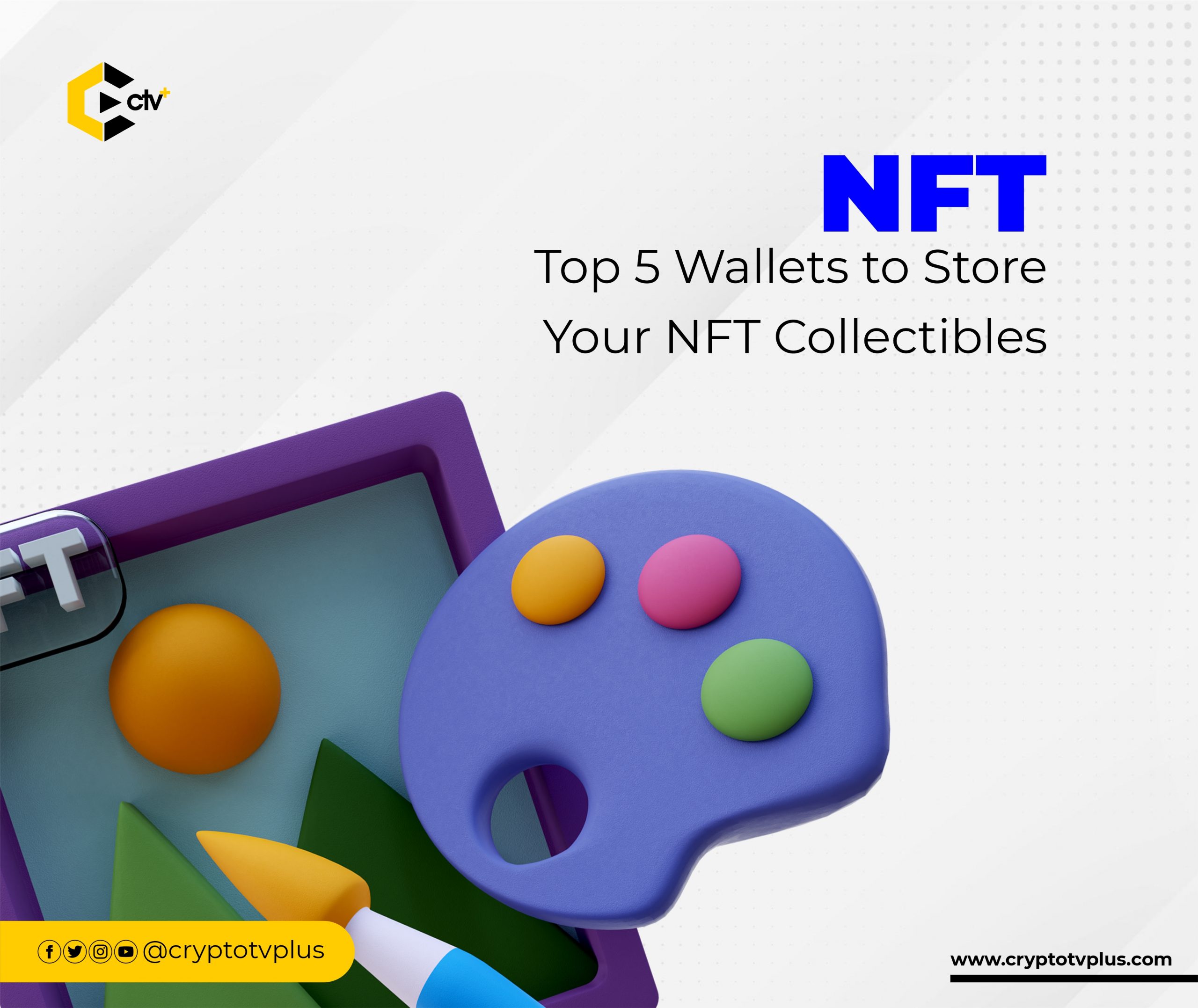
Blockchain is going mainstream. Bitcoin is no longer the only use case of the technology. Other cryptocurrencies have surfaced and beyond cryptocurrencies are collectibles such as NFTs. NFTs are non-fungible tokens built on blockchain.
These digital assets are used for various purposes today from games to trading to music and education. However, they are not stored the same way physical assets are stored. They need a wallet, a digital wallet that has various components to preserve the value and ensure safety.
What are Crypto Wallets?
Crypto Wallets are digital tools that are used to store crypto-based assets. And these included cryptocurrencies, tokens as well as NFTs. Wallets are like the physical wallets used to store money as other useful items but with digital functionalities.
There are basically two types of wallets (amongst other types): hot and cold wallets. Hot wallets are wallets that are constantly online and can be used for transactions at any time while cold wallets are not always online. They are not accessible except they are plugged into a device with internet access.
Since NFTs are valuable and can be as expensive as a thousand dollars and more, holders need to have a safe place where they store their assets for safety. However, before choosing a crypto wallet, users are expected to know these about the wallet options presented:
- NFT Marketplace Compatibility
There are various marketplaces where NFTs are sold. For each, certain wallets are easily integrated into the ecosystem of the marketplace. And so this is a vital aspect to check before getting a wallet.
- Security Efficiency
Crypto theft has gone high over the years because storage has been jeopardized by cybercriminals. So before getting a wallet, holders must be sure of the security system of the platform.
- User Interface
A lot of people are yet to understand how blockchain and crypto work. And so any product released to help users access the market needs to be easy to use and navigate. This is essential for crypto-wallets.
Two other checks are Cross-device Usage and Multi-chain Support. You want to have a wallet that can be used with mobile as well as PCs and desktops. And then multi-chain wallets mean that these wallets can be used across several blockchains like Ethereum, Binance, Bitcoin, Cardano, Solana… The more chains a wallet can access the more opportunities and ease of use it creates for users.
Read this also:
- How to connect Trust Wallet to Binance Smart Chain (BEP20)
- MathWallet Foundation Announces $1M Fund to GameFi Projects
- Play to Earn: Top 3 GameFi Wallets
The top crypto wallets that you can use to store your collectibles are:
MetaMask Wallet
This is one of the best-oldest wallets for advanced crypto activities. Before now, there have been Bitcoin wallets that were created in the early days of Bitcoin. Metamask came in when crypto was gaining more global acceptance.
It is controlled by Ethereum Foundation-backed ConsenSys and is known to be one of the best platforms for creators and collectors attracting over 21 million downloads. It was released as a browser extension and then a mobile app version came on in 2020. In Metamask, the assets of users are stored in a hot wallet.
The Pros of this wallet are that it’s easy to use, it works on mobile as well as on PCs for browsers, users can move from one wallet to another while still in the Metamask space, gas fees can be regulated while using the wallet, it supports the transfer of ERC-721 tokens from one address to another, and users can directly swap between Ethereum and other ERC-20 tokens.
The major Cons with Metamask Wallet are that it is an online platform… meaning that it is susceptible to attacks. Although, as an extension for browsers, it doesn’t have access to your details. The browser has access to users’ information. Another downside is that it is primarily compatible with Ethereum and other EVM compatible blockchains.
Trust Wallet
Trust Wallet is one of the most popular mobile wallets with over 5 million users. On Trust Wallet, users can access several marketplaces with a click like OpenSea, and other crypto art sites including MyCrypto Heroes, Axie Infinity, etc.
With this wallet, users can only store and manage their NFT assets on the platform but cannot transfer them to other platforms. And they also have access to other chains like Binance Smart Chain, Ethereum Classic, TomoChain, ThunderToken, GoChain, and Calisto. Trust Wallet stores crypto assets in the wallet and not in an exchange so that users are in full control of their assets.
For the Pros of Trust Wallet, it possesses a friendly user interface, a one-click entry for several NFT applications has multi-chain compatibility with multiple blockchains, and also provides DEX functionalities.
Currently, as ever before, Trust Wallet is only available on mobile devices. And the close relationship with Binance makes products and services around Binance have more priority than those of other platforms.
Alpha Wallet
Alpha Wallet is an open-source Ethereum-only blockchain wallet where users can mint, collect, and manage their NFT portfolios. It was created to address the challenges of previous Ethereum wallets.
Apart from the Web3 browser it provides, it’s the first Ethereum wallet with a Secure Enclave, a user-friendly key backup, and a recovery process. It is also compatible with OpenSea, CryptoKitties, Dragonereum, ChainZ Arena… as well as all in-game Ethereum-based assets. Users are in charge of their crypto assets when using Alpha Wallet.
On the Pros of the Alpha Wallet: it supports all Ethereum-based games and tokens; the presence of an inbuilt web3 browser for exploring other dApps and DeFi applications; easy use interface… Its Disadvantages are that it is compatible with only EVM-based chains and applications, and is not yet available on PCs and desktops.
Enjin Wallet
Enjin was launched in January 2018 by Enjin Pte. Ltd. to provide crypto users with a platform of high security and diversity of utilities. Enjin, the parent brand, is known to have one of the lаrgеѕt оnlіnе gаmіng community with over 18 million registered gamers.
With the Enjin Wallet, users can collect in-game NFTs, hold cryptocurrencies and tokens, and have access to a marketplace where they can trade these digital assets using the ENJ token, the primary token of the ecosystem. The Enjin project is so audacious with future development focused on integration with Samsung S10 devices to make crypto services accessible to more users. Enjin Wallet is a non-custodial platform so that users are in charge of their assets.
Pros of Enjin Wallet: very easy-to-use interface, presence of direct marketplace for users, cryptocurrencies can be easily be converted from one type to another using the Enjin wallet, good support systems to help users with their challenges, and presence of advanced security features like biometrics and auto-lock.
Enjin Wallet on the contrary is only available on mobile and supports only Ethereum-based NFTs and assets. These limitations make the wallet cut out holders of other kinds of utilities that are not EVM-based.
Coinbase Wallet
Coinbase is one of the most popular crypto exchanges. They launched the Coinbase Wallet in 2018 to help users manage their crypto assets in a safe spot. This is different from the Coinbase app that is used for exchanges and other crypto-based activities.
The Coinbase Wallet allows users to hold and control their assets. This means that collectibles are not stored in the Coinbase Wallet but in a decentralized exchange. Tosh was the former name before it became Coinbase Wallet.
The Coinbase Wallet has huge advantages as it is easy to use for beginners, provides access to decentralized applications (dApps) across multiple blockchains, only charges network fees, supports over 44k+ crypto assets, and is available on mobile and as a browser extension for PCs and desktops. But the wallet is known for a bad history of customer support systems and closed source code.
Conclusion
Crypto Wallets are very important for crypto transactions. Care needs to be taken to make sure that users don’t lose their assets. You also need to know that from time to time, updates will be made to make sure that each platform provides the best services to its community. This means that continuous research becomes very important.



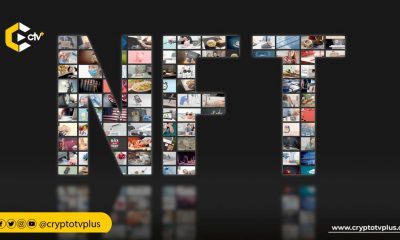

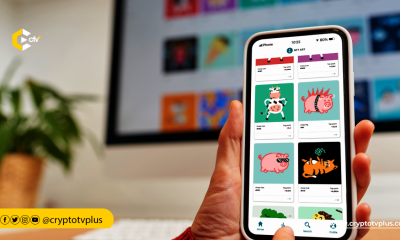

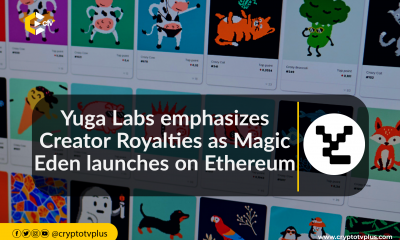

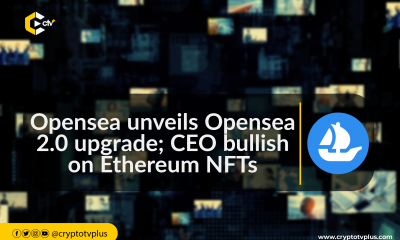

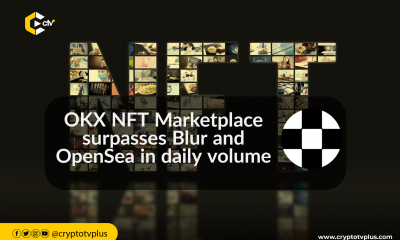

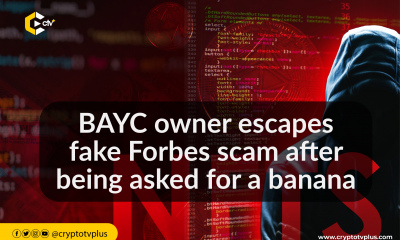











Pingback: Top 5 NFT Wallets to Store Your Collectibles by Chuks Nnabuenyi Jr – CryptoTvplus Events: NFT, DeFi, Bitcoin, Ethereum, Altcoin Events